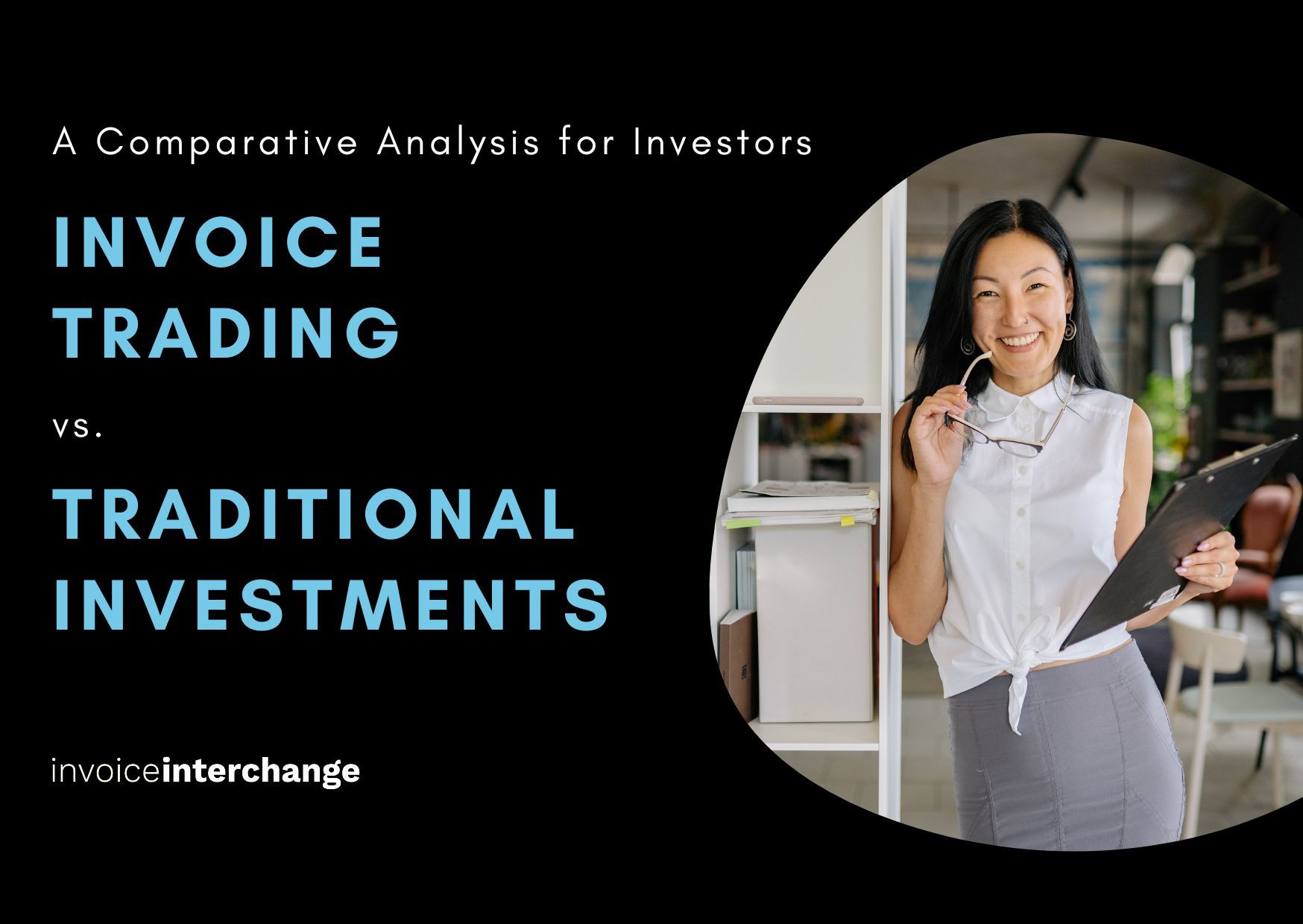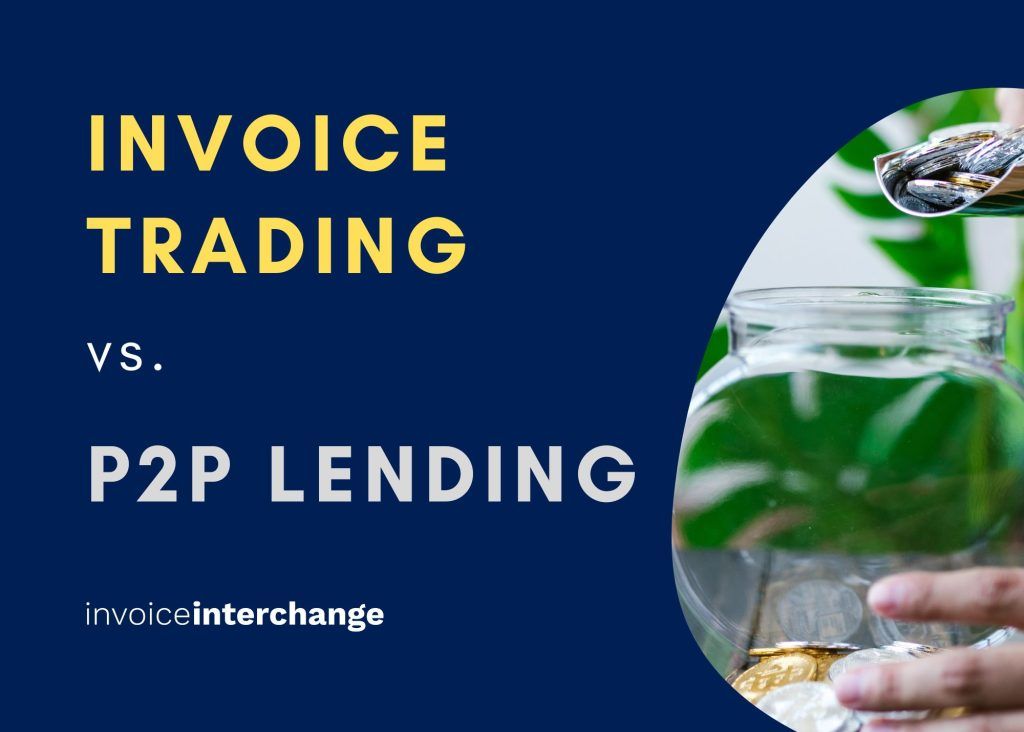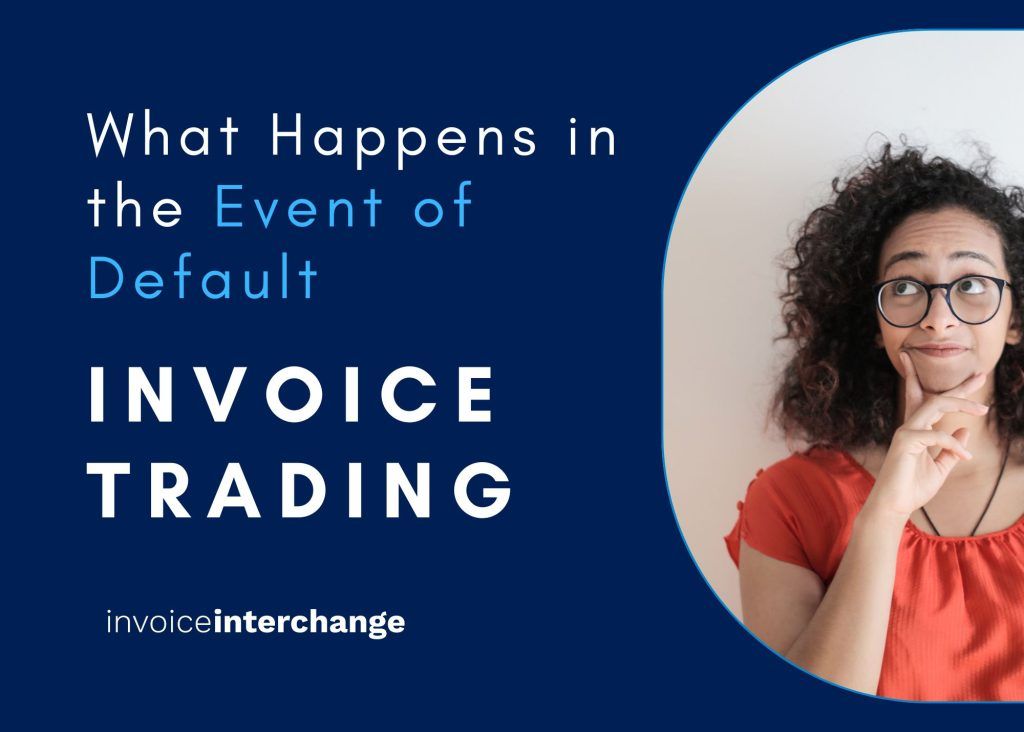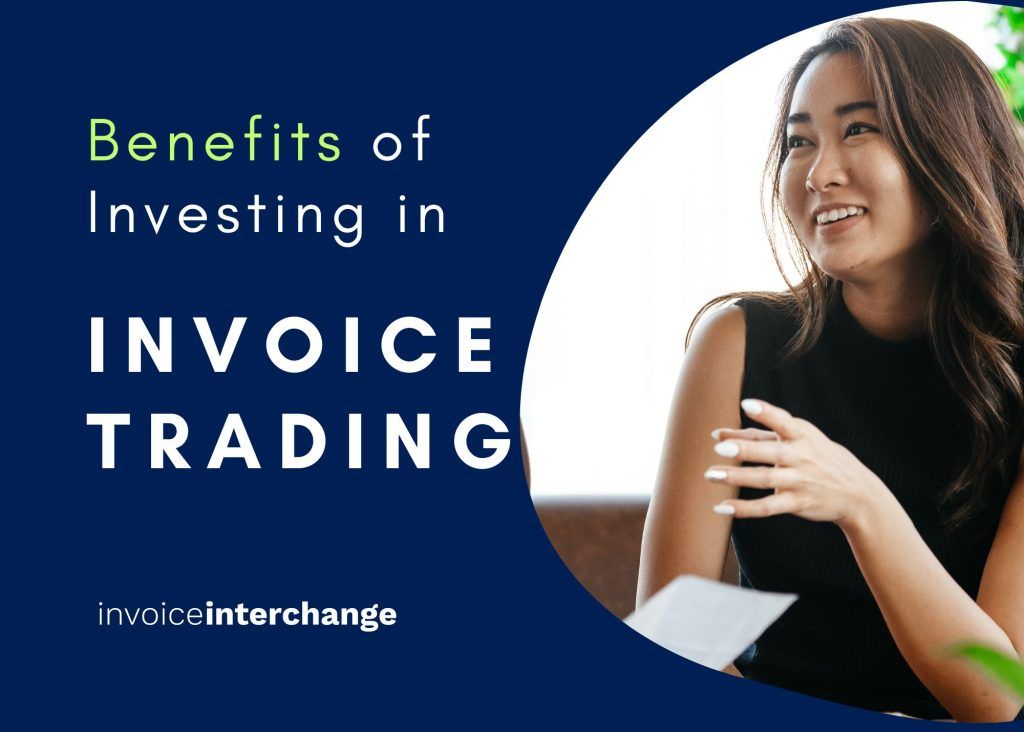Invoice trading is a type of alternative investment. It only became available to public general investors recently due to the rise of fintech platforms. It provides another way for investors to earn a return by providing an advance to businesses for unpaid invoices. So let’s explore more on other the benefits of investing in invoice trading.
How does it work?
Investors advance a portion, typically up to 80%, of the invoice value to the company via a platform. The platform then collects payment from the end customer when the invoice falls due, settles the advance, and disburses the principal plus interest to investors.
What are the benefits?
Some potential benefits of investing in invoice trading include:
1. Diversification
Invoice trading can provide investors with a diversified portfolio of short-term, fixed-income assets. As invoice trading involves purchasing a wide number of invoices, investors can potentially spread their risk across multiple companies and industries.
2. Potential for higher returns
Invoice trading can offer higher returns compared to other fixed-income assets such as bonds, which are currently yielding relatively low returns. The return on investment (ROI) in invoice trading can vary depending on the quality of the invoices and the risk profile of the companies whose invoices are being traded.
3. Predictable cash flow
The cash flow generated from invoice trading is predictable as the invoice value and payment date are predetermined.
4. Low correlation with other asset classes
Invoice trading can have a low correlation with other asset classes such as stocks, bonds, and real estate, potentially making it a valuable addition to a diversified investment portfolio.
5. Ease of investment
Invoice trading platforms are typically easy to use and investors can choose to invest in a single invoice or a portfolio of invoices. This can provide investors with the flexibility to manage their investments according to their risk tolerance and investment goals.
It is important to note that investing in invoice trading also carries risks, such as the risk of default by the company whose invoices are being traded, and investors should carefully evaluate the risk and return profile of invoice trading before investing.
Related Articles

Invoice Trading vs. Traditional Investments: A Comparative Analysis for Investors

Invoice Trading vs P2P Lending

